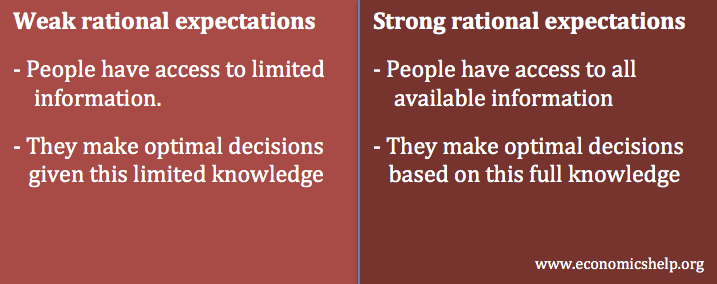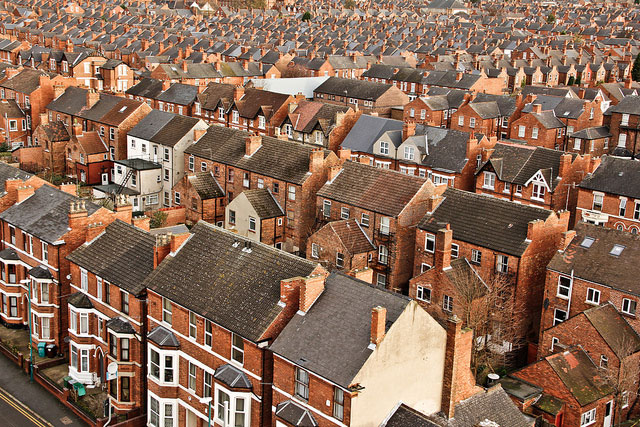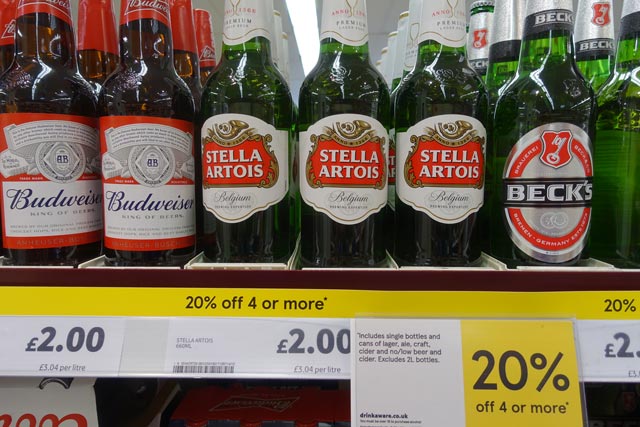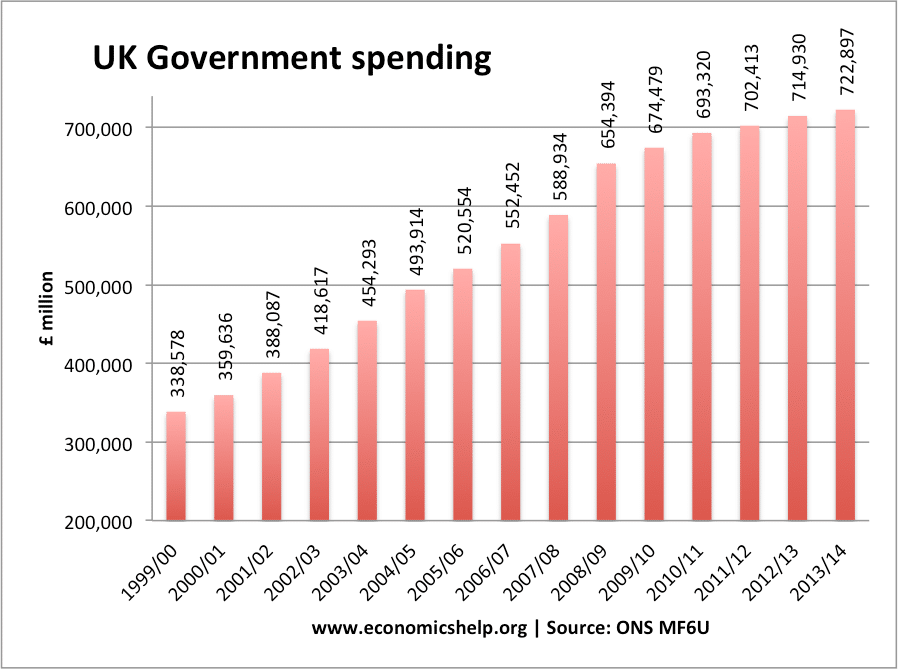Rational economic man – Homo Economicus
Homo Economicus is a hypothetical concept that humans are: Self-interested Know what they want Make rational choices to maximise their utility. These choices are based on the concept of marginal utility. This concept of a rational economic man is an important cornerstone of neo-classical economic theory. It creates a framework to model how consumers and …




